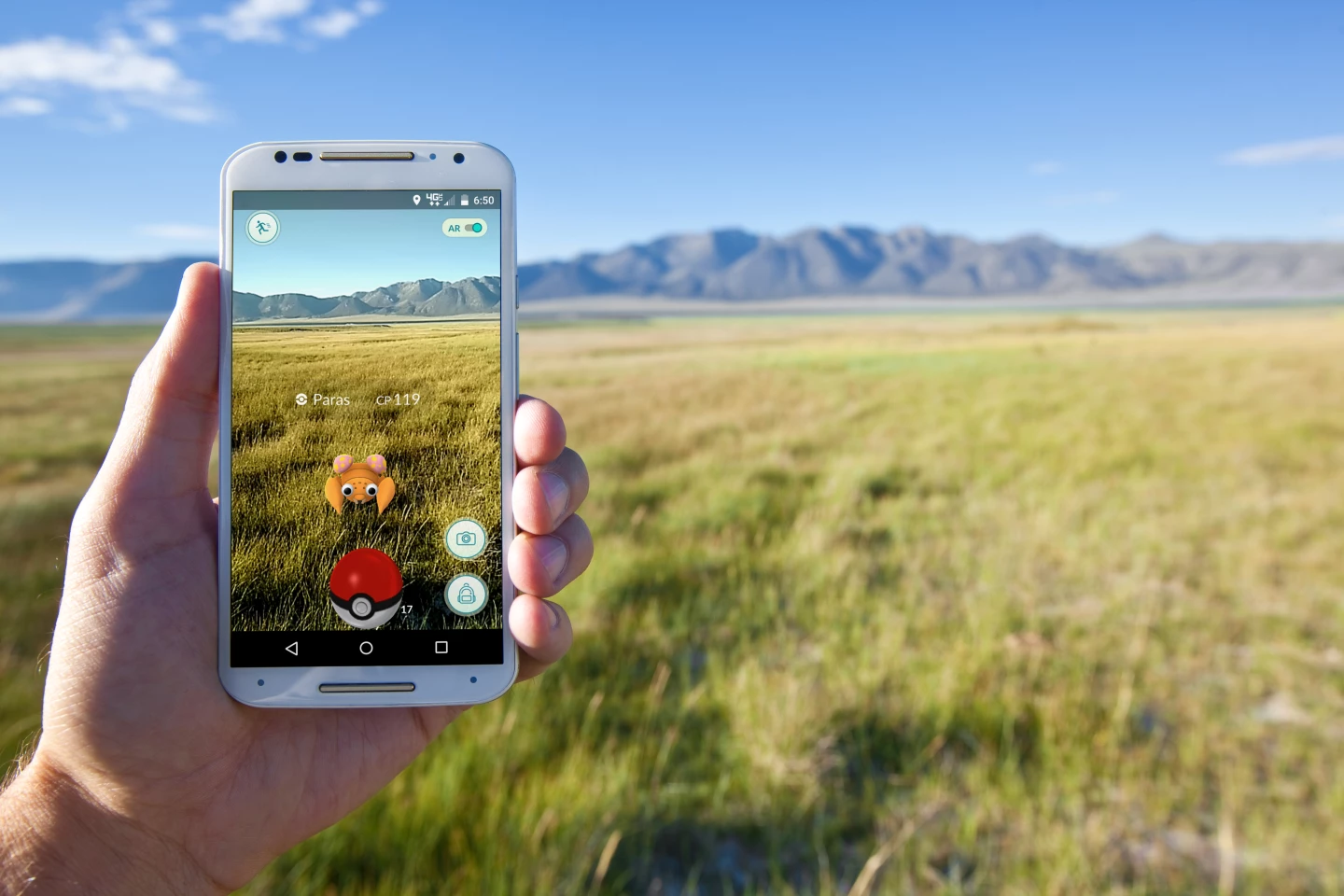Surgery can be an intimidating experience, causing anxiety and stress leading up to the procedure. In fact, a global meta-analysis revealed that while preoperative anxiety varies due to factors such as age, previous experiences and interactions with staff, on average around half of all patients have significant fear ahead of their surgery.
Researchers from the University of Miami have studied how the use of augmented reality (AR) in preoperative care can alleviate surgery stress. The team studied 95 patients (mean age 38) booked in for an elective orthopedic operation, with a control group receiving the standard surgical instructions package and another cohort receiving both that material and a three-minute AR experience narrated by the head surgeon.
The experience – which involved the patient wearing a headset that combined their reality with added features specific to the hospital and their surgery – aimed to take the 'fear of the unknown' out of surgery, but in a more interactive and personal way than the traditional materials.
AR, unlike VR, embellishes reality and the user is always in control of the experience. In VR, the view is entirely simulated and the surroundings are in control. It can also be used through a phone screen, which can be found in many apps including the widely popular game Pokémon GO, which despite peaking in 2016, still has around 150 million active users per month.

Both groups were surveyed for their anxiety levels four times during their surgery journey (twice before, twice after), and the AR group across the board showed their stress had decreased ahead of the procedure. Not only that, but following the first survey in which it greatly decreased, the second set of data also showed it was maintained, suggesting a long-lasting impact of this preoperative preparation.
Both groups had similar levels of anxiety following the procedure.
While this AR experience was developed specifically for patients having the same procedure with the same surgeon in the same hospital, further research would be needed to see if the technology would need to be adapted for individual settings or if a general approach could also provide stress relief.
The study was published in the journal JAMA Network Open.
Source: University of Miami via Scimex







